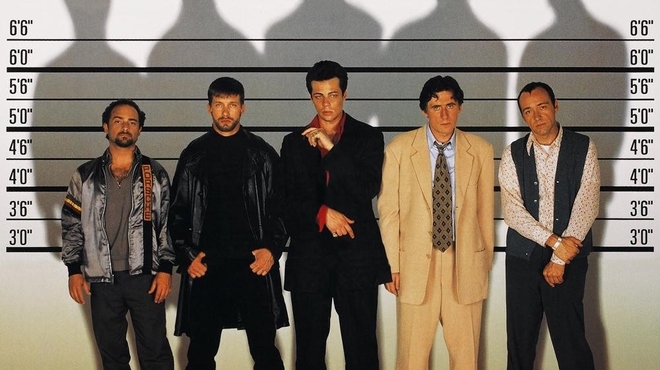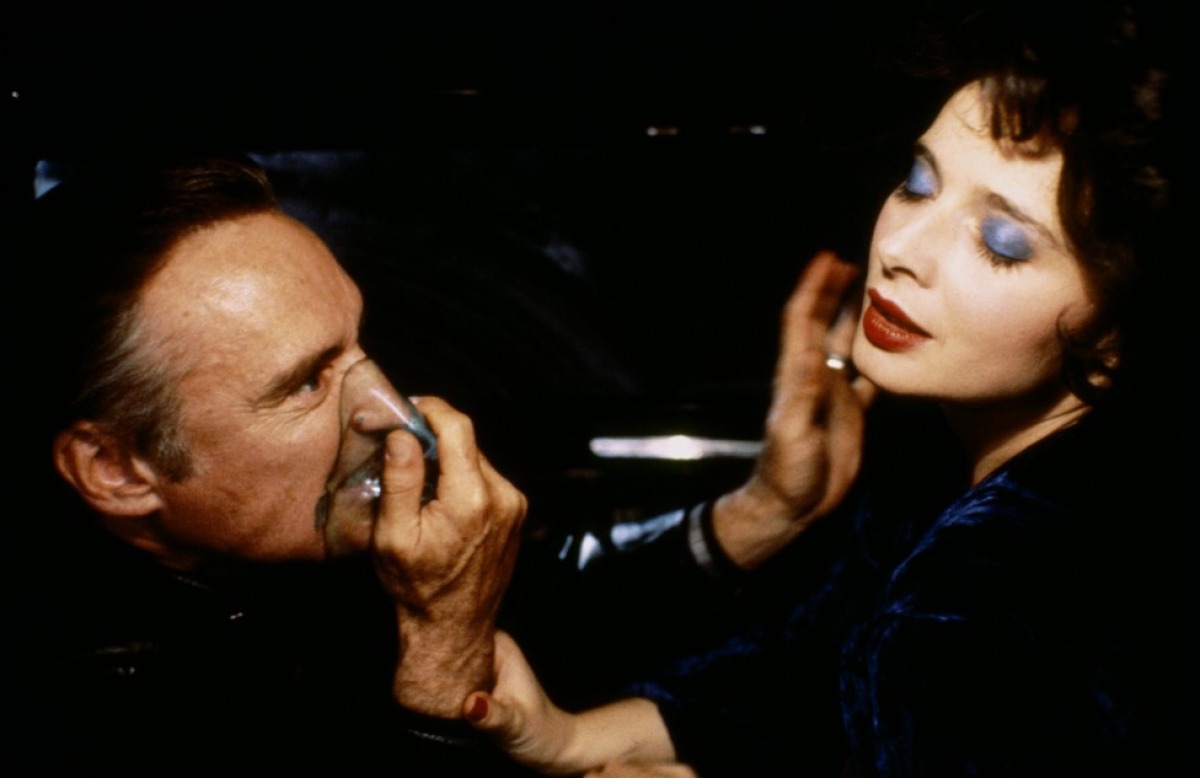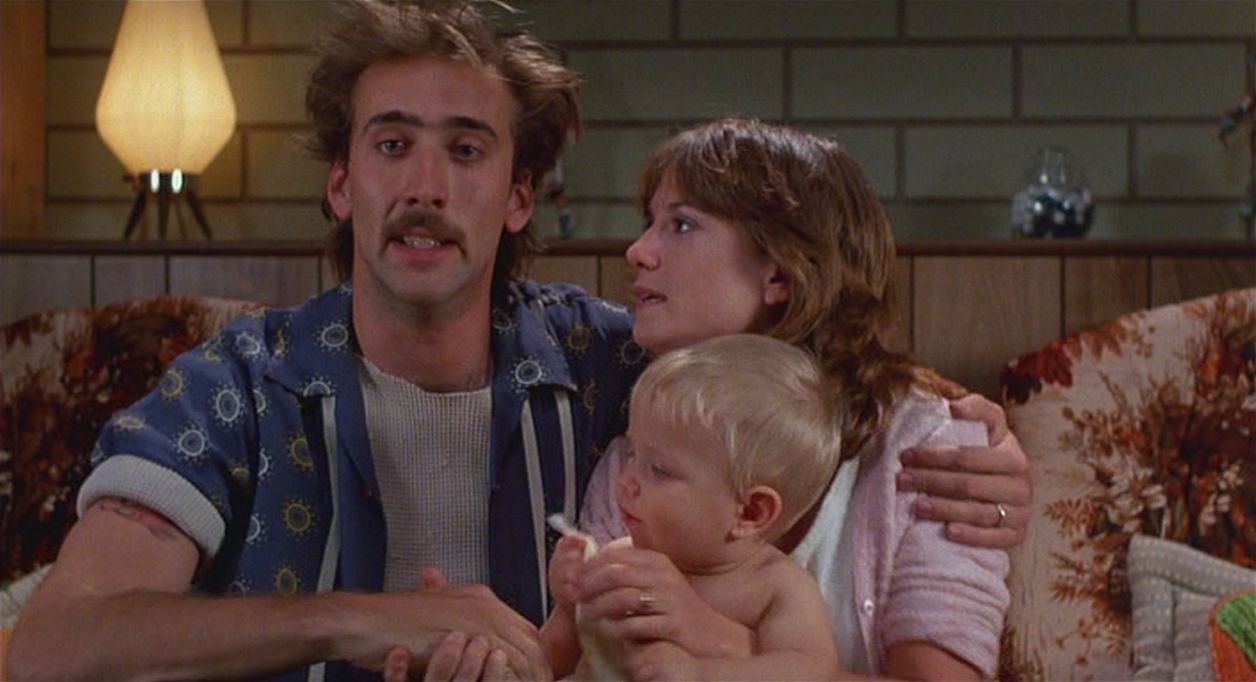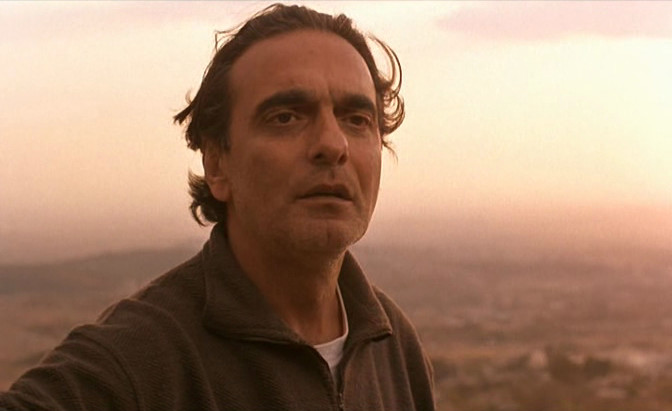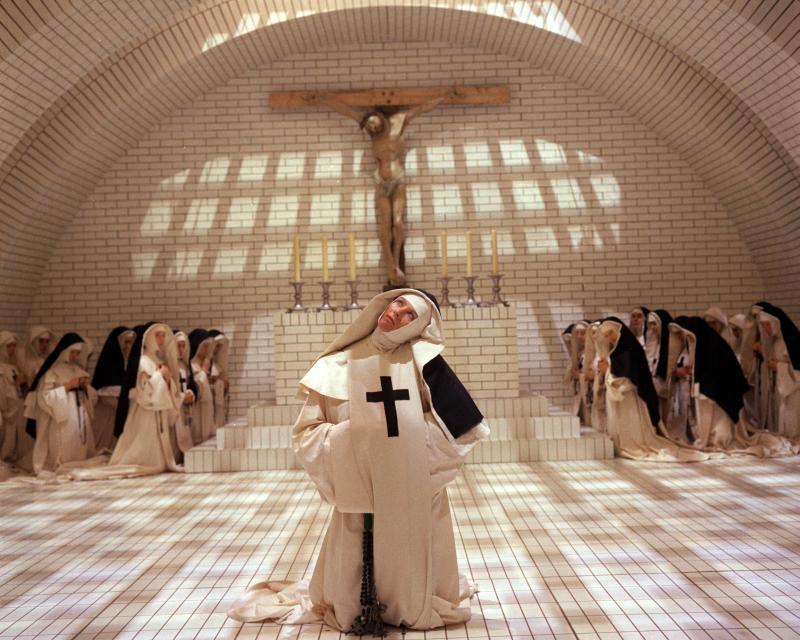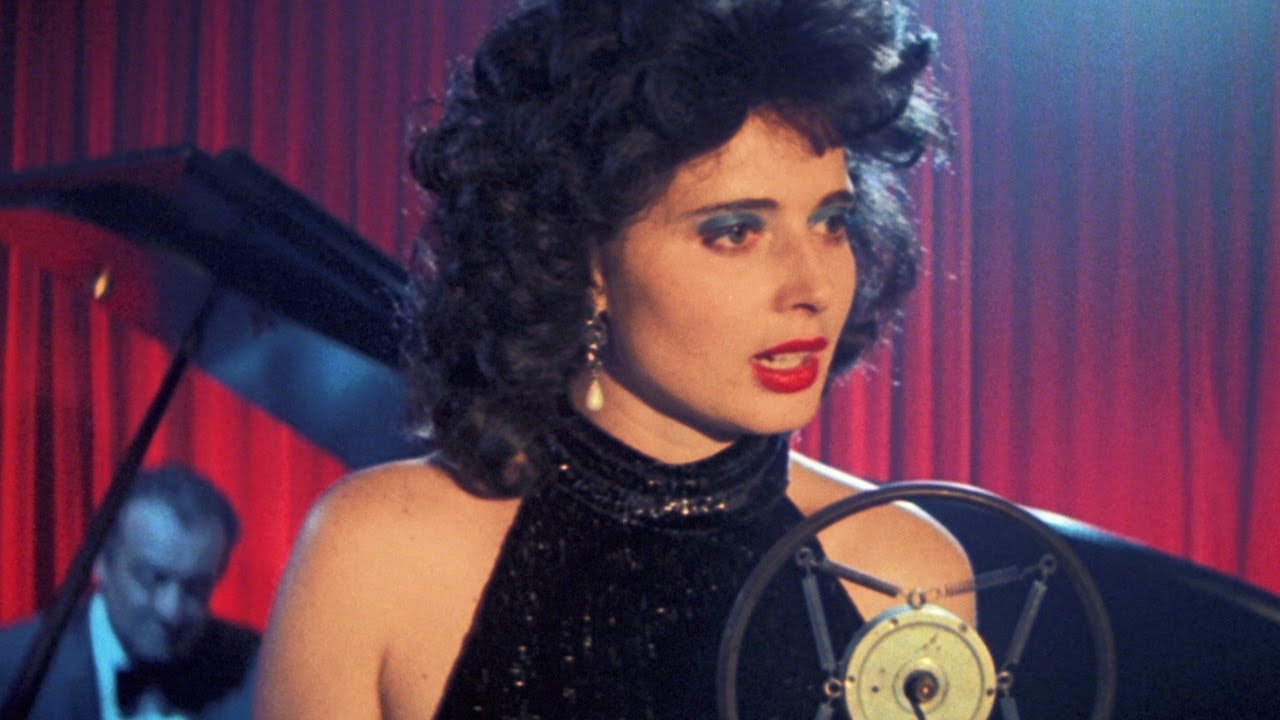
On April 4, 2013, the world lost one of its most prolific and talented writers: Roger Ebert. From 1967 until his death, Roger Ebert was the film critic for the Chicago-Sun Times. Ebert’s first important review was a few months into his stint at the Sun-Times, for the groundbreaking film Bonnie and Clyde, directed by Arthur Penn. Roger’s four-star review heralded the film as the beginning of a new age in American cinema, and he was right.
All through his career, Roger Ebert was a champion of films and filmmakers. On their television program, Ebert and his co-host Gene Siskel brought small films to the attention of their audience, including Steve James’ Hoop Dreams (which Ebert said was not only the greatest film of 1994, but also the greatest movie of that decade) and Spike Lee’s Do the Right Thing. Roger Ebert was also a mentor to a generation of young filmmakers, writers and critics.
In his reviews, Ebert’s prose could be witty, sarcastic, mournful, triumphant, giddy, intellectual, silly or downright angry. Each review got to the heart of the film, to its nuts and bolts. Ebert could reveal the real emotional truths of a movie, or expose a film for the piece of garbage it was. Even if you didn’t agree with his opinions, you could still understand where he was coming from.
Just like anybody, occasionally Roger Ebert got it wrong. Compiled below are ten films, ranked in absolutely no order, which Roger Ebert hated. Many audiences deemed them to be great or worthwhile, in one way or another. All of the films in the following list are movies that Roger Ebert awarded less than two stars (except for the last entry, which he awarded two stars but clearly detested).
1. The Usual Suspects (1995)
Roger Ebert disliked this classic nineties crime film enough to give it one and a half stars; although, to his credit, he did watch it a second time to see if perhaps he had been wrong. His main issue with the film was the plot itself, which he felt to be a whole lot of complexities that add up to less than nothing. This is the review where Ebert famously wrote: “To the degree that I do understand, I do not care.”
The point that is missed in his review is that the film itself is a game of cat-and-mouse between Kevin Spacey’s small-time thief Verbal Kint and Chazz Palminteri’s police officer Dave Kujan. The film’s plot twists and turns sometimes feel like smoke and mirrors because that’s crucial to the final plot reveal. If the story had been straight-forward, the last con would not have worked.
Ebert was also less than amused with this last twist, which he feels changes the nature everything we have just witnessed; again, that was the point. In his review, Ebert wishes the filmmakers would have focused more on the characters and less on the surprises. Regarding the ending, he writes “I prefer to be amazed by motivation, not explanation.”
Probably due in large part to that final plot twist, The Usual Suspects won two Academy Awards: Best Original Screenplay for Christopher McQuarrie and Best Supporting Actor for Kevin Spacey. Featuring a brilliant ensemble cast, The Usual Suspects is a nearly-flawless, diabolical crime caper, and remains director Bryan Singer’s best film.
2. Blue Velvet (1986)
David Lynch’s Blue Velvet was a landmark 1980s American film. It was his first post-Dune motion picture, and Blue Velvet was the movie that established Lynch as a major filmmaker, not just another talented writer/director. It was this film, along with his Oscar-nominated work in Hoosiers, which helped resurrect Dennis Hopper’s stalling career.
The film received rave reviews and several awards, including the best film of the year award from the National Society of Film Critics. In addition, Lynch was nominated for the Academy Award for Best Director (the film’s only Oscar nomination).
In one of his most controversial reviews in an illustrious career, Roger Ebert gave the film a rating of one and a half stars. Ebert found the passages involving star Kyle MacLachlan and Isabella Rossellini powerful and disturbing, but he felt that the power and darkness of those scenes was contrasted by sequences of day-to-day life in the fictional town of Lumberton.
He found the shift in the film’s tone distracting and inappropriate to the darker sequences featuring Rossellini. The film’s central theme about how evil things can happen in a seemingly quiet and peaceful town is an idea to which David Lynch returns again and again in his projects (for instance, in the television program Twin Peaks).
Ebert’s main problem with the film, then, is the main point that Lynch is trying to make. In the film’s opening sequence, for instance, he shows us moments of small-town life in a town reminiscent of Leave It to Beaver, and later shows us the horrific things creeping and waiting just below the surface.
In his interview with David Lynch entitled “My Problem with Blue Velvet,” Ebert writes: “I believe Lynch is a talented director, and that in Blue Velvet, he has used his talent in an unworthy way. The movie is powerful, challenging and made with great skill, and yet it made me feel pity for the actors who worked in it and anger at the director for taking liberties with them.”
3. Raising Arizona (1987)
Ethan and Joel Coen followed their brilliant 1984 directorial debut, Blood Simple, with the comedy classic Raising Arizona. Even then, the Brothers Coen refused to be pigeon-holed in one genre. Instead of another thriller, Raising Arizona was a bizarre, live-action Looney Tunes cartoon about love, family and crime set in the American Southwest.
The film has an almost boundless comic energy; it’s in every way the exact opposite of Blood Simple. In his one and a half star review of Raising Arizona, it’s clear that Roger Ebert has several problems with the film’s demented comic style.
Ebert states that “the movie cannot decide if it exists in the real world of trailer parks and 7-Elevens and Pampers, or in a fantasy world of characters from another dimension.” The film cannot, Ebert goes on to say, “decide if it is about real people, or comic exaggerations.” For many audiences and critics, it was this very go-for-broke, anything-goes approach that makes Raising Arizona so memorable.
Another issue that Roger had with the film is that every character, as he says, “talks funny.” Ebert: “They all elevate their dialogue to an arch and artificial level that’s distracting and unconvincing and slows down the progress of the film.” Granted, the dialects in Raising Arizona can be over-the-top, but again, that’s a comic choice the Coens decided on, and it works beautifully. Raising Arizona probably wouldn’t work without it.
4. Taste of Cherry (1997)
Richard Corliss of Time Magazine named it the best film of 1997. At the Cannes Film Festival, it tied with Shohei Imamura’s The Eel to win the coveted Palme d’Or. It won the National Society of Film Critics Award for Best Foreign Language Film. Iranian director Abbas Kiarostami’s Taste of Cherry had many admirers.
Roger Ebert, who awarded the film one star, was not one of them. Ebert found the film “excruciatingly boring.” In his review, he describes an argument he got into with fellow critics Jonathan Rosenbaum and Dave Kehr over the film. “Both believed they had seen a masterpiece. I thought I had seen an emperor without any clothes.” In response to the film’s many accolades and awards, Ebert says “just as a bad novel can be made into a good movie, so can a boring movie be made into a fascinating movie review.”
Ebert criticized Kiarostami’s directing style as too slow-paced and monotonous to be effective. He said the style was unnecessary for the material. Kiarostami’s subtle, minimal approach to this story, which could have been told in a more straight-forward, more dramatic style, was a mistake in Ebert’s opinion.
It’s interesting that many of the same things that Ebert is critical of in his review are some of the same things that Ebert defends in the films of directors such as Béla Tarr and Andrei Tarkovsky.
5. The Devils (1971)
The films of the late Ken Russell always were an acquired taste. In the sixties and seventies, few major filmmakers dared to push the boundaries of what was deemed appropriate or acceptable quite as hard as Russell did. The Devils, which stands as one of his greatest achievements, is his most controversial and provocative work.
The lowest rating Roger Ebert could award a film was “zero stars.” He saved a zero stars rating for films he found morally reprehensible, beyond merely good or bad (for example, he gave zero stars to the original I Spit on Your Grave and Rob Reiner’s North).
In his review of The Devils, Ebert gives the film zero stars (on his website, the zero stars rating is replaced with a thumb down icon). It’s a little difficult to decipher Ebert’s feelings regarding the film at first, since his review is extremely sarcastic. Roger Ebert would often use humor in his more negative reviews, but his use of sarcasm in this review get in the way of informing the reader of why he hated The Devils so much.
One reason may be that Roger Ebert didn’t feel that subject matter warranted a film. He writes: “I didn’t want to be the only member of my generation unaware of the terrible events of 1634, a year that will live in infamy.” The Devils is, due to its content and subject matter, a disturbing movie. Ebert seemed to have thought that Ken Russell went too far. In one of the only lines that hints at Roger’s true feelings for the film, he writes “it took courage for me to go see The Devils, just like it took courage for Ken Russell to make it.”
Despite Ebert’s zero star review, and his failure to see The Devils’ cultural relevance, it remains one of the great films of the 1970s and contains Oliver Reed’s finest performance.
